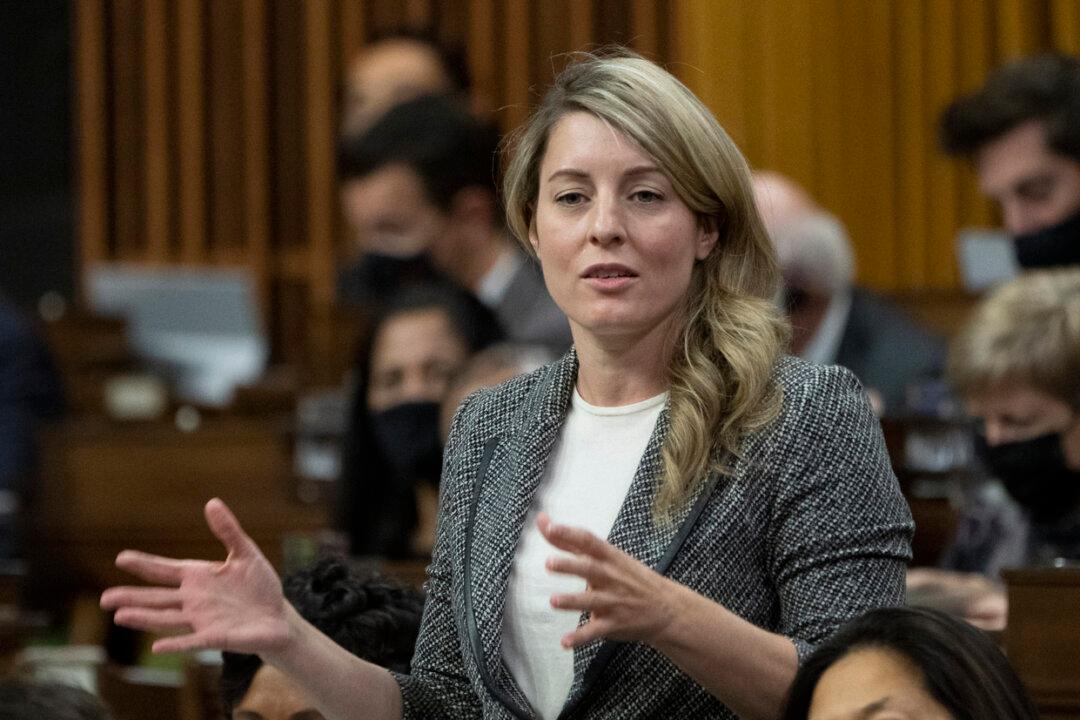Canada is developing a new China strategy and other countries will likewise need to reassess their relationship with Beijing’s “growing influence,” says Foreign Affairs Minister Melanie Joly.
“There’s a growing influence of China in the world and every single country needs to [make] a decision as to what their relationship will be with China, and what our relationship as a country will be with China, ” Joly said in an interview on Global News’ The West Block program on Jan. 9.





